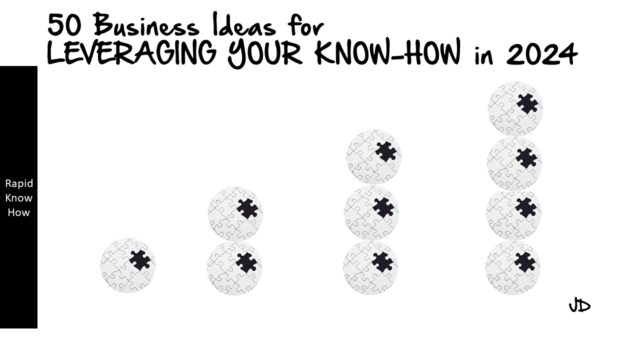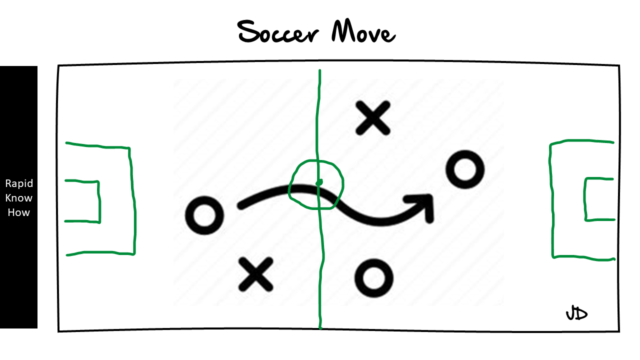Introduction
As we move further into the 21st century, the world is becoming increasingly aware of the need for sustainability. The year 2023 marks a significant shift in this direction, with more individuals, corporations, and governments adopting sustainable practices. This shift is often contrasted with the neoliberal lifestyle that has dominated much of the past century. This article aims to compare these two lifestyles, evaluating their positive and negative performance indicators.
The Neoliberal Lifestyle
The neoliberal lifestyle is characterized by a focus on individualism, free-market capitalism, and globalization. It promotes economic growth as a means to achieve societal well-being and places a high value on consumption and material wealth.
Positive Performance Indicators
1. Economic Growth: The neoliberal lifestyle has been successful in driving economic growth. It has led to increased production, job creation, and technological advancements.
2. Technological Advancements: The competitive nature of neoliberalism has spurred innovation and technological advancements that have improved living standards.
Negative Performance Indicators
1. Environmental Degradation: The neoliberal lifestyle’s emphasis on consumption has led to significant environmental degradation, including deforestation, pollution, and climate change.
2. Social Inequality: While neoliberalism has created wealth, it has also led to increased social inequality. The benefits of economic growth are not evenly distributed, leading to a widening gap between the rich and poor.
The Sustainability Lifestyle
In contrast to the neoliberal lifestyle, the sustainability lifestyle emphasizes environmental conservation, social equity, and long-term economic stability. It promotes practices such as recycling, renewable energy use, and sustainable agriculture.
Positive Performance Indicators
1. Environmental Conservation: The sustainability lifestyle significantly reduces environmental degradation by promoting practices that conserve natural resources.
2. Social Equity: By focusing on long-term economic stability rather than short-term growth, the sustainability lifestyle promotes social equity. It aims to distribute resources more evenly across society.
Negative Performance Indicators
1. Slower Economic Growth: Transitioning to a sustainability lifestyle may slow down economic growth in the short term as industries adjust to new practices.
2. Technological Challenges: While renewable energy technologies are improving rapidly, they still face challenges in terms of efficiency and cost-effectiveness compared to fossil fuels.
Conclusion
In conclusion, both the neoliberal and sustainability lifestyles have their strengths and weaknesses. The neoliberal lifestyle has driven economic growth and technological advancement but at a significant environmental cost and increased social inequality. On the other hand, while the sustainability lifestyle promotes environmental conservation and social equity, it faces challenges in terms of slower economic growth and technological hurdles.
As we move forward into 2023 and beyond, it is clear that a balance must be struck between these two lifestyles. We must find ways to drive economic growth while also preserving our environment for future generations. This will require innovative solutions that combine the strengths of both lifestyles while mitigating their weaknesses.




